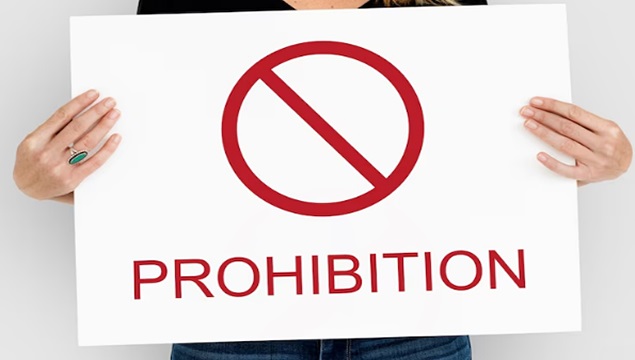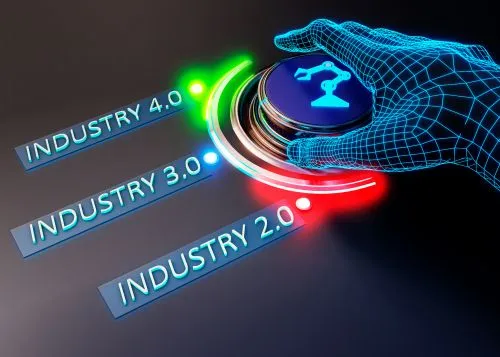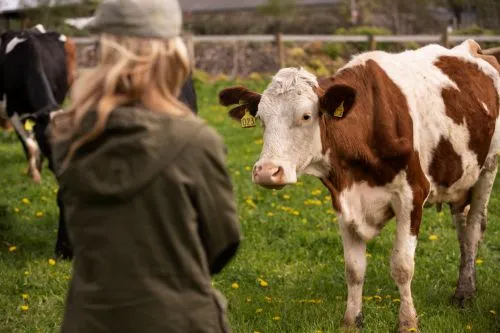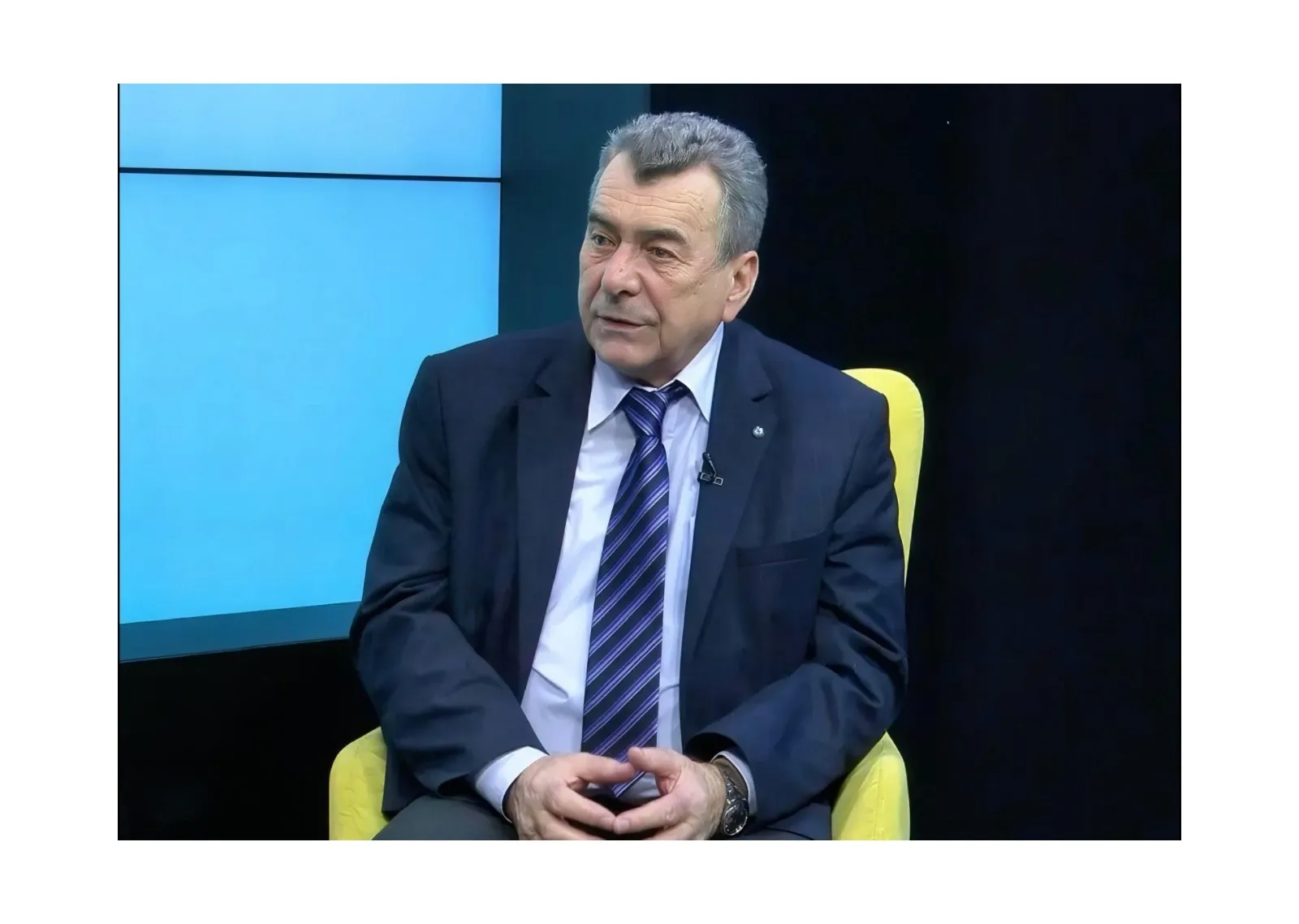1121

The EU's plan to halve pesticide use and risk by 2030 will have the greatest impact on crops that have "low or no impact on food security," predicted the European Commission, as cited by Euractiv, in an additional impact assessment requested by EU ministries.
An impact study
In March, the Commission agreed to provide EU lawmakers with a study to complement the existing impact assessment of the controversial but ambitious proposal to halve pesticide use and risk by 2030, after some EU lawmakers expressed concerns about food security.
In a draft 218-page impact assessment obtained by EURACTIV, the EU executive addresses the economic impact of the EU pesticide plan on agricultural production and the consequences for the availability and price of feed and food.
According to the Commission, the potential impact on food and animal feed prices, as well as dependence on imports and reduced agricultural goods exports, "depends on the impact on crop yields."
However, "the largest impacts are estimated to occur in crops that play a relatively minor role in food and feed security, such as grapes, hops, and tomatoes," the study says.
The document highlights that farmers and member states have been offered the option "to prioritize pesticide reductions in crops that have low or no impact on food security... thus contributing to reduction objectives without any impact on food security, food production, availability, or price."
Reduction of pesticides
Another aspect that could contribute to the pesticide reduction targets set out in the EU's flagship food policy, the Farm to Fork strategy, is the reduction of pesticide use in non-agricultural areas such as urban areas, sports and leisure facilities and private gardens.
Such a "reduction of pesticide use and risk in non-agricultural areas or non-food and non-forage crops would not have repercussions on food and feed safety", the Commission points out.
In particular, the current aggregate of the pesticide footprint embedded in EU consumption – which also includes imports from third countries – is linked to the production of 'textiles, services, other and 'empty calorie foods' (ie foods that have a low calorie content ). nutritional value)".
The Commission's literature review highlights that, on the other hand, pesticides themselves contribute "to environmental degradation and the loss of ecosystem services that can lead to repercussions on food and feed safety".
In particular, plant protection products that affect pollinators and soil organisms with critical functions ultimately cause "unintended adverse effects" on food security.
Lack of qualitative data
When agreeing to provide additional information on pesticide reduction plans, the Commission has already warned that they do not possess much more information compared to what was included in the initial impact assessment accompanying its proposal.
The latest impact assessment includes an "updated analysis of data and consideration of developments since the initial impact assessment, such as the progress towards pesticide reduction objectives and technological and policy developments."
However, the Commission continues to emphasize the lack of empirical data on pesticide use, criticizing some previous models and impact studies for assuming "an immediate across-the-board reduction of 50% for all crops and all pesticides [...], resulting in worst-case estimates."
All the reviewed studies by the EU executive "used broad assumptions of yield decrease" but relied more on expert opinions rather than qualitative data.
"As far as we are aware, none of the existing studies modeling the achievement of objectives has investigated how a strategic and crop-specific approach to the 50% national reduction target can impact production levels," the study says.
Despite the lack of data, the Commission claims that the actual evidence of "significant progress made in reducing pesticide use and monitored risks between 2011 and 2020 has not been attributed to any significant increase in costs or yield effects for major crops and thus has had no effect on food security."
No significant impact from the Ukraine conflict
The additional impact assessment was requested following the Russian invasion of Ukraine and heightened concerns for global food security, as well as droughts.
Regarding the impact of the Ukraine conflict, the Commission acknowledges that "high energy and fuel prices can make mechanical weeding an expensive alternative compared to crop protection by chemicals (herbicides)."
"However, in the medium term, energy markets are expected to ease, and the Russian invasion of Ukraine is not expected to have a significant impact on global food markets," the report continues.
The draft document mentions that in the current marketing season of 2022/23, the agricultural markets in the EU have already partially absorbed the short-term impacts resulting from the conflict.
Impact assessment The report goes on to say that "there is no identified impact on pesticide price increases," as the main affected crops have a relatively low yield impact due to pesticide reductions.
In the study, the EU executive also provides a timeframe for when a satisfactory number of alternatives to conventional pesticides will be available in Europe.
"Some current information indicates that, overall, sufficient tools will be available within the time frame of the objectives for 2030 to ensure the necessary reduction in the use of chemical pesticides and associated risks."
At the same time, it notes that "a key barrier in adopting IPM [Integrated Pest Management] and new technologies is the uncertainty faced by farmers regarding their effectiveness and proper use," suggesting the inclusion of farmers in supporting their confidence in transitioning to more sustainable plant protection products.
Burden on farmers
Another request from the ministers was to quantify the administrative burden on farmers resulting from the introduction of the new pesticide rules.
However, "the Commission does not have precise data to assess the potential quantified impacts of such an increased administrative burden on the competitiveness and profitability of small and medium-sized farms," the report states.
The EU executive estimated a possible additional cost of EUR 180 per year for farms to obtain mandatory "strategic counseling" in accordance with the new rules.
According to the Commission, providing such counseling through group or online/distance means could have the potential to significantly reduce this cost, while the remainder could also be partially recovered through reduced pesticide use and associated costs for farmers.





